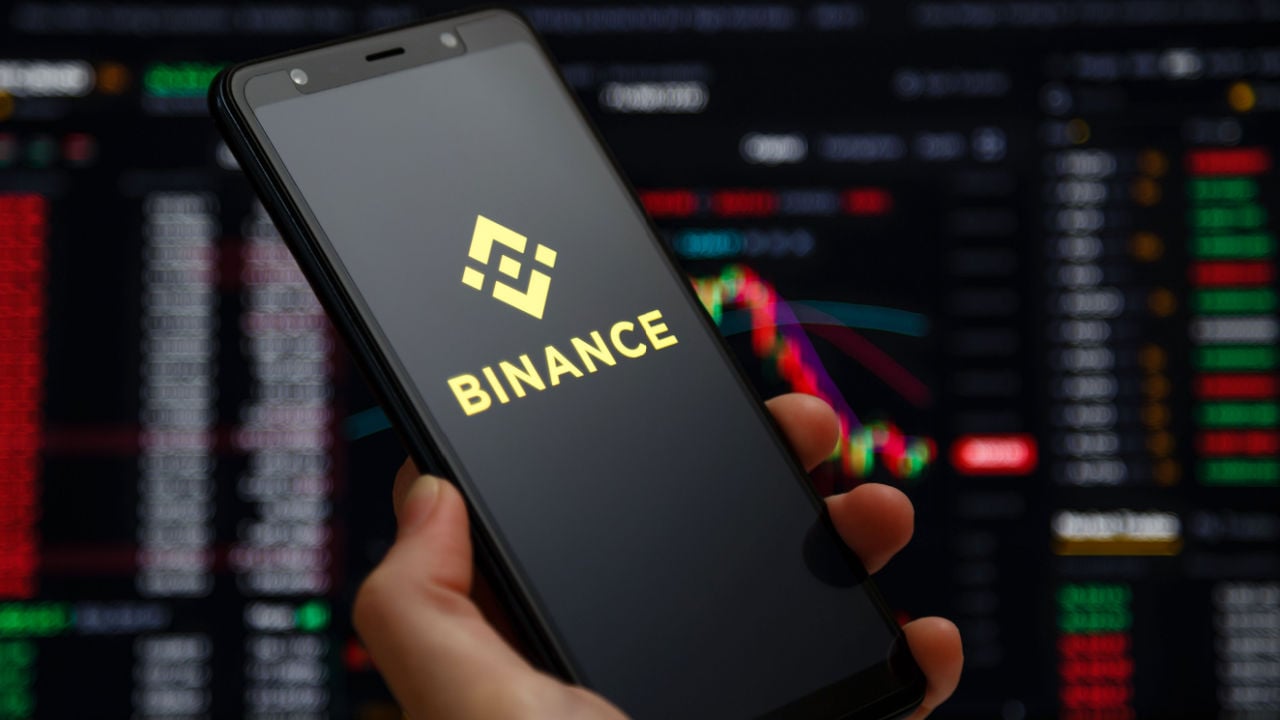Binance Bans Russians From P2P Transactions With Dollars and Euros – Exchanges Bitcoin News
3 min read
Cryptocurrency exchange Binance has introduced new restrictions for Russian users, in accordance with the latest European sanctions. The platform is restricting access to peer-to-peer (P2P) transactions in U.S. dollars and euros for traders based in the Russian Federation.
Binance Prohibits US Dollar and Euro Transactions for Russians on Its P2P Market
The world’s largest crypto exchange, Binance, is imposing restrictions on P2P transactions in U.S. dollars and euros for Russian traders. They have been introduced in compliance with the 10th round of EU sanctions on Russia announced on the first anniversary of the Ukraine war in late February, its representatives explained in comments for Russian-language crypto media.
The measures mean that Russian citizens, as well as foreign nationals residing in the Russian Federation, will no longer be able to buy and sell the fiat currencies of the United States and the Eurozone through Binance’s P2P service. At the same time, citizens of EU countries will not be allowed to transact in Russian rubles.
To continue using Binance P2P, the affected customers can choose other available fiat currencies, a spokesperson suggested, quoted by Forklog and RBC Crypto. When trying to initiate transactions in dollars or euros, the platform prompts users to select a local currency, in accordance with the Binance rules for the country specified during the verification of their accounts.
Russian crypto enthusiasts turned to peer-to-peer crypto trading when leading payment processors Visa and Mastercard suspended operations in Russia in March 2022 and Western governments imposed restrictions on SWIFT transfers following Moscow’s invasion of Ukraine on Feb. 24.
In April, last year, Binance limited access to its services for Russia-linked users with assets exceeding €10,000, as per a previous package of sanctions adopted by the European Union. Earlier that month, EU member states agreed to ban the provision of “high-value” crypto asset services to Russian businesses and citizens.
The new restrictions for Russians do not apply to purchases and sales of crypto assets with Russian rubles and other digital currencies, including stablecoins pegged to the dollar and the euro. Those who prefer to use fiat will have to either switch to other fiat currencies or use the services of other exchanges.
Amid an ongoing conflict, cryptocurrency exchanges have been helping both Russians and Ukrainians to also circumvent currency restrictions imposed by their own governments. Last week, Binance and Ukraine-based exchange Kuna announced temporary suspensions of payments with bank cards in Ukrainian hryvnia.
Do you expect other crypto exchanges, besides Binance, to introduce similar restrictions for their Russian users? Tell us in the comments section below.
Image Credits: Shutterstock, Pixabay, Wiki Commons, Iryna Budanova / Shutterstock.com
Disclaimer: This article is for informational purposes only. It is not a direct offer or solicitation of an offer to buy or sell, or a recommendation or endorsement of any products, services, or companies. Bitcoin.com does not provide investment, tax, legal, or accounting advice. Neither the company nor the author is responsible, directly or indirectly, for any damage or loss caused or alleged to be caused by or in connection with the use of or reliance on any content, goods or services mentioned in this article.
Read disclaimer




